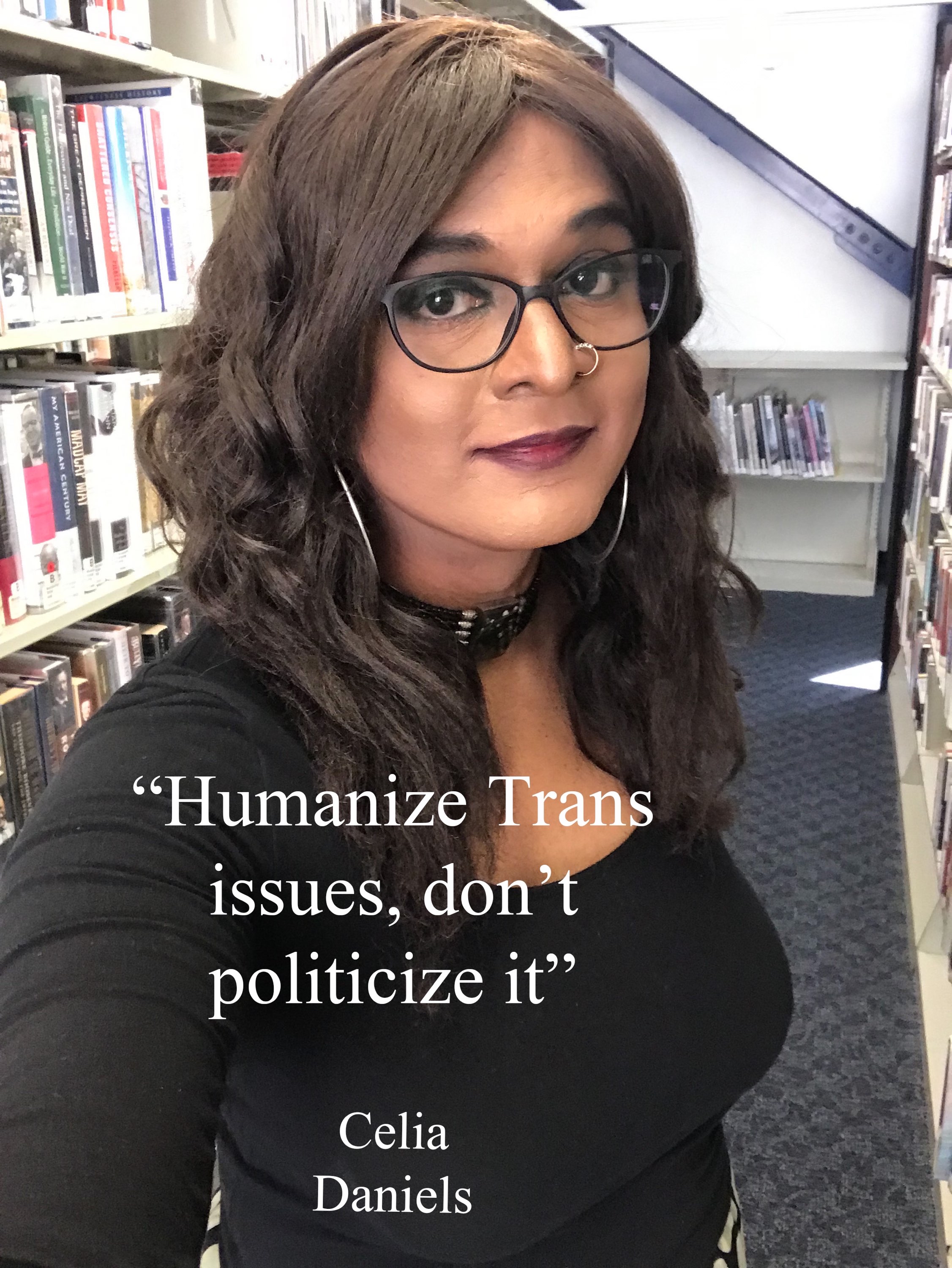Biology, Sex, and Transgender People: A Resource Page
- Rebekon Consulting LLC

- Feb 17, 2022
- 4 min read
Updated: Apr 2, 2022
by Julia Serano

Anti-transgender propaganda largely rests on two main narratives. The first is that trans people constitute a potential threat, particularly to women and children, and especially in sex-segregated spaces — I debunk those claims in a separate essay entitled Transgender People, Bathrooms, and Sexual Predators: What the Data Say.
The second narrative is that “biological sex” is strictly dichotomous and immutable, and therefore supersedes transgender people’s self-understood “gender.” This narrative implies that trans people must be “delusional” (or perhaps even “brainwashed by gender ideology”) for not identifying and behaving in accordance with the sex that they were assigned at birth. Such appeals to “biological sex” also attempt to circumvent existing nondiscrimination and inclusion policies and laws, virtually all of which hinge on terms such as “gender identity” and “gender expression.”
The thing is, these “biological sex” arguments typically rely on either an elementary-school-level understanding of biology, or adhere to a rigid “sex/gender distinction” that was popular in the second half of the twentieth century but has since been largely discarded by scholars in biology, psychology, sociology, and gender studies.
As a trans author and activist who also happens to be a biologist, I have written and spoken at length about these “biological sex” debates, as well as the multiple lines of evidence indicating that trans people (and gender diversity more generally) are a natural phenomenon — that is, biological factors likely (albeit not single-handedly) predispose some people to be transgender. This resource page links to my numerous writings and interviews on this topic. I will periodically update this page whenever new articles, podcasts, and videos become available.
ONLINE ARTICLES
Transgender People and “Biological Sex” Myths (2017): This was written around the time that so-called “gender critical” activists first began leaning into their (now routine) “sex not gender” and “sex-based rights” slogans. It discusses 1) how sex is multifaceted, variable, and somewhat malleable, 2) problems with the body/mind and nature/nurture dichotomies that underlie this sex versus gender distinction, 3) popular misconceptions about what “sex is a social construct” means, and 4) the ludicrous notion that women are “oppressed because of their sex, not gender.”
The Science of Gender Is Rarely Simple (2019): A short New York Times op-ed about how science, biology, and sex are all way more complicated than anti-trans activists portray them. If you cannot access the article from the above link, here’s a PDF version.
Transgender is a Pan-Cultural and Trans-Historical Phenomenon (2018): A blogpost (with many references listed at the end) explaining how the fact that gender-diverse people can be found across all cultures and throughout history demonstrates that we arise as a result of natural variation, rather than being mere products of culture or modernity.
INTERVIEWS
Why All The Anti-Trans Arguments Are Bogus (2021): Nathan J. Robinson of Current Affairs interviewed me about the false claims and faulty science pushed by anti-trans activists, including Ben Shapiro, Helen Joyce, Abigail Shrier, and others. The main focus is on how biology is far more complex and varied than anti-trans activists are willing to admit, but the conversation also touches upon how we perceive sex and categorize people, the myth that trans people have a superficial or stereotyped understanding of gender and/or are in denial about biology, as well as other anti-trans talking points. The above link provides a transcript of the interview, but you can listen to it via Apple Podcasts or Patreon.
Were Trans People “Born This Way”? (2021): Michael Walker of Novara Media’s program Downstream interviewed me about the evidence that biology plays a role in producing gender diversity. We also discuss debates (particularly within progressive circles) about whether trans people are “born that way” and whether sex is a “social construct.” You can watch the interview via the above link, on YouTube, or you can listen to it via Apple Podcasts.
BOOKS
Whipping Girl: A Transsexual Woman on Sexism and the Scapegoating of Femininity (2007): In Chapter 5, “Blind Spots: On Subconscious Sex and Gender Entitlement,” I counter common arguments used to dismiss trans people’s lived experiences with regards to gender identity and gender dysphoria. And in Chapter 6, “Intrinsic Inclinations: Explaining Gender and Sexual Diversity,” I put forward a model that accommodates how both biological and social influences help shape who we are in those regards.
Excluded: Making Feminist and Queer Movements More Inclusive (2013): In Chapter 13, “Homogenizing Versus Holistic Views of Gender and Sexuality,” I explain in more depth how shared biology, biological variation, culture, and individual experiences all come together in an unfathomably complex manner to give rise to the gender and sexual diversity that we see in the world. I also chronicle the many pitfalls of both biological determinism (strict nature) and gender artifactualism (strict nurture), and reassure those in the latter camp that acknowledging some potential role for biology is neither reductionist, nor essentialist, nor pathologizing, nor does it reinforce sexism.
Sexed Up: How Society Sexualizes Us, and How We Can Fight Back (2022): My latest book is about how we perceive and interpret sex and sexuality, and how our belief in “opposite sexes” arises from unconscious biases rather than reflecting reality. The book also provides a brief overview dispelling common misconceptions about biology and sex (in the Introduction; pp. 8–13), and a section (called “Dropping Science”; pp. 269–272) that challenges overly simplistic claims that men and women are “evolutionarily” or “biologically” programmed to behave in disparate ways.
In addition to all the aforementioned pieces, my Trans Psychology webpageaddresses many other debates related to trans people and science — e.g., trans healthcare, research, diagnoses, prevalence, theories of taxonomy and etiology — that are also routinely oversimplified or distorted by anti-trans activists.
Please support her and her page at https://juliaserano.medium.com/biology-sex-and-transgender-people-a-resource-page-4f11b1058103




Comments